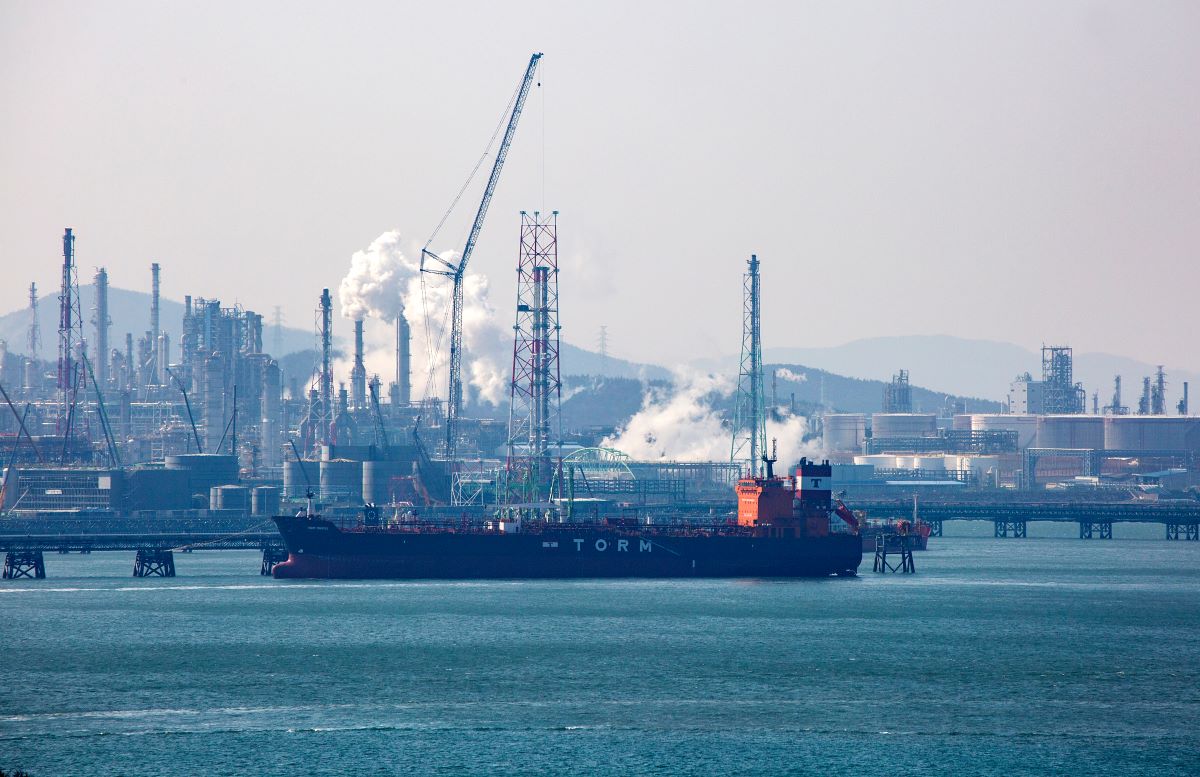The escalating conflict in the Middle East is casting a long shadow of economic uncertainty over Japan and South Korea, two nations heavily reliant on energy imports from the region. Earlier this week, high-ranking officials in both countries raised alarm bells about the potential consequences of the Israel-Hamas war.
The concern over the military conflict is heightened for South Korea because it is the fourth-largest crude oil importer in the world. The country has no known reserves of oil and, therefore, relies on inbound shipments of petroleum products to meet its energy needs. Most notably, more than 60% of South Korea’s oil imports in 2021 came from the Middle East.
At a cabinet meeting held on Tuesday, President Yoon Suk Yeol of South Korea expressed his concern about the current scenario, emphasising the need for government action to ensure that the effects of the war do not disrupt the country’s economy.
“Military conflict and war in the Middle East will push up global oil prices and cause inflation to affect the living costs of the people…With the war in Ukraine coinciding with Middle East tensions, external economic uncertainties could increase and affect domestic interest rates due to heightened instability in international financial markets,” he said.
Meanwhile, South Korea’s Finance Minister Choo Kyung-Ho pointed out the value of U.S. West Texas Intermediate crude oil surged by 4.3% after armed conflict resumed between Israel and Hamas.
“The international financial market has shown limited reactions to the incident, but uncertainty about its future developments is very high. It is needed to closely monitor the financial and foreign exchange markets at home and abroad round-the-clock and to check contingency plans again to best deal with various scenarios,” he added.
Also Japan heavily dependent on the Middle East for oil imports
South Korea’s neighbour Japan has also expressed similar concerns regarding the conflict in the Middle East. Like South Korea, Japan also depends on imports to meet its energy needs. In 2022, 94% of the country’s crude oil imports came from the Middle East, as per Japan’s Agency for Natural Resources and Energy.
Japan’s Chief Cabinet Secretary Hirokazu Matsuno conveyed this concern during a press conference this week, emphasising the critical role of the Middle East in Japan’s energy supply. Matsuno pledged, “We will implement every conceivable measure to guarantee a secure and steady energy provision.”
The concerns over energy prices in Japan come at a time when consumer prices are on the rise, with the country failing to keep inflation within the 2% target set by the central bank for the 17th consecutive month in August 2023.
On a contrasting note, Charles Schwab holds a positive outlook on oil prices. “Oil prices have had diminishing reactions to Middle East instability over the years, perhaps because the developments have typically not resulted in sustained disruptions of energy supplies,” writes Jeffrey Kleintop, Chief Global Investment Strategist at Charles Schwab.


 Australia
Australia China
China India
India Indonesia
Indonesia Japan
Japan Malaysia
Malaysia Philippines
Philippines Singapore
Singapore South Korea
South Korea Taiwan
Taiwan Thailand
Thailand Vietnam
Vietnam






